Notion has rapidly become one of the most popular productivity tools, leaving many users curious about the technology behind it.
In this article, we will explore whether Notion is built on React and how this choice impacts its performance and user experience.
Is Notion Built on React?
Notion is an all-in-one workspace that combines notes, tasks, databases, and calendars into a single application.
It is designed to help individuals and teams stay organized and manage their projects efficiently.
With its versatile features and intuitive interface, Notion has attracted a wide user base, from students and freelancers to large corporations.
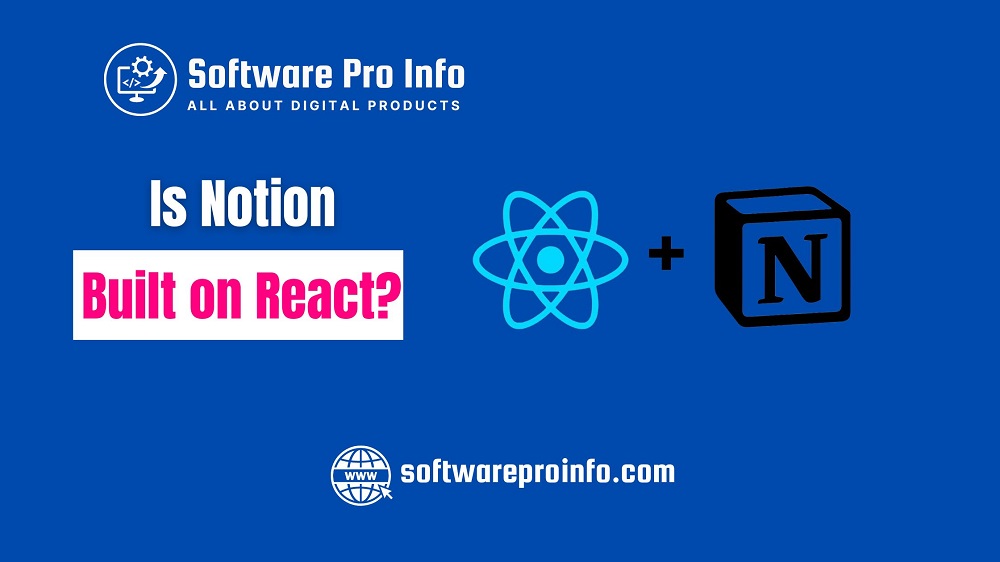
What is React?
React is a JavaScript library for building user interfaces, developed and maintained by Facebook.
It allows developers to create large web applications that can update and render efficiently in response to changing data.
React’s component-based architecture enables the creation of reusable UI components, which can be managed and updated independently.
Check This : How to Find the Perfect SaaS Lifetime Deal
Core Technologies Behind Notion
Notion leverages a variety of technologies to deliver its seamless user experience, including but not limited to React. The core technologies behind Notion include:
- React: For building and rendering the user interface.
- Electron: For creating a cross-platform desktop application.
- Redux: For managing application state.
- GraphQL: For querying and manipulating data.
- Node.js: For server-side operations.
React’s Role in Notion
At the core of Notion’s frontend architecture is React, which plays a crucial role in rendering the user interface.
React’s component-based structure allows Notion to build complex UIs by breaking them down into smaller, manageable pieces.
This makes it easier to develop, test, and maintain the application’s interface.
Benefits of Using React in Notion
React offers several advantages that contribute to Notion’s performance and user experience, such as its component-based architecture and virtual DOM. Here are some key benefits:
- Component Reusability: React’s component-based approach allows Notion to reuse UI elements across different parts of the application, reducing development time and ensuring consistency.
- Efficient Rendering: The virtual DOM in React enables efficient updates and rendering of the UI, improving the application’s performance and responsiveness.
- State Management: With tools like Redux, React facilitates efficient state management, ensuring that the application remains responsive even as it grows in complexity.
- Developer Productivity: React’s declarative syntax and robust ecosystem of tools and libraries enhance developer productivity, allowing the Notion team to quickly implement new features and improvements.
How Notion Integrates Other Technologies with React
While React forms the backbone of Notion’s UI, the application also integrates several other technologies to enhance functionality and performance. For instance:
- Electron: Electron allows Notion to run as a cross-platform desktop application, providing a native-like experience on Windows, macOS, and Linux.
- GraphQL: GraphQL enables efficient data querying and manipulation, allowing Notion to deliver real-time updates and interactions.
- Node.js: Node.js powers the server-side operations, ensuring fast and scalable backend services.
By combining these technologies, Notion is able to offer a powerful and flexible platform that meets the needs of a diverse user base.
Notion’s Technology Stack
To understand what powers Notion, it’s essential to explore the technology stack that the platform utilizes for its development.
Notion is primarily built using a combination of Electron, a framework for building cross-platform desktop applications, and a range of backend technologies to handle data and user interactions.
Electron allows Notion to run on various operating systems with a consistent user experience, while its backend stack manages the platform’s complex data and synchronization needs.
This technology choice supports Notion’s goal of providing a robust and responsive user experience across different devices.
Comparison of React and Notion’s Technology
Comparing React with Notion’s actual technology stack can provide insights into why Notion chose its specific set of tools and how it affects the platform’s performance and features.
React’s component-based approach and virtual DOM are designed to optimize user interface rendering and state management.
In contrast, Notion’s use of Electron and other technologies allows it to deliver a rich desktop experience with extensive functionality and offline capabilities.
The choice of technology stack often comes down to the specific needs of the application, including performance requirements, cross-platform compatibility, and user experience considerations.
Now follow the below table, This table highlights the similarities and differences between React and the technologies used by Notion, illustrating how each serves its purpose and complements the other.
| Feature/Aspect | React | Notion’s Technology |
|---|---|---|
| Purpose | JavaScript library for building user interfaces | All-in-one workspace for notes, tasks, databases, etc. |
| Developed By | Notion Labs Inc. | |
| Core Functionality | Component-based UI development | Integration of multiple productivity tools |
| Main Technologies | JavaScript, JSX, Virtual DOM | React, Electron, Redux, GraphQL, Node.js |
| Component Reusability | High, due to its component-based architecture | Utilizes React’s reusability for consistent UI elements |
| State Management | Managed by libraries like Redux or Context API | Redux is used for managing state |
| Rendering Efficiency | High, due to virtual DOM and efficient updates | Efficient rendering via React’s virtual DOM |
| Cross-Platform Support | Web applications primarily | Cross-platform via Electron for desktop apps |
| Data Handling | Via props, state, and external libraries | GraphQL for efficient data querying and manipulation |
| Server-Side Operations | Not directly handled by React | Powered by Node.js |
| Primary Use Case | Building dynamic and interactive UIs | Comprehensive productivity tool for individuals and teams |
| Developer Ecosystem | Large, with extensive community and libraries | Integrated tech stack with React at the core |
| Performance | High performance through virtual DOM | Enhanced by combining React with other technologies |
Find The Answer : Why Customer Support Is Vital For A SaaS Company
Why Notion Might Not Use React
There are several reasons why Notion may have opted for a technology stack other than React, including performance considerations and the need for a highly customizable platform.
Notion’s requirement for a cross-platform desktop application and the need to handle complex data synchronization might have influenced its decision to use Electron.
Additionally, Notion’s focus on delivering a seamless user experience with rich features could benefit from the specific advantages offered by its chosen technologies.
While React is a powerful tool for many web applications, Notion’s technology stack is tailored to its unique use cases and goals.
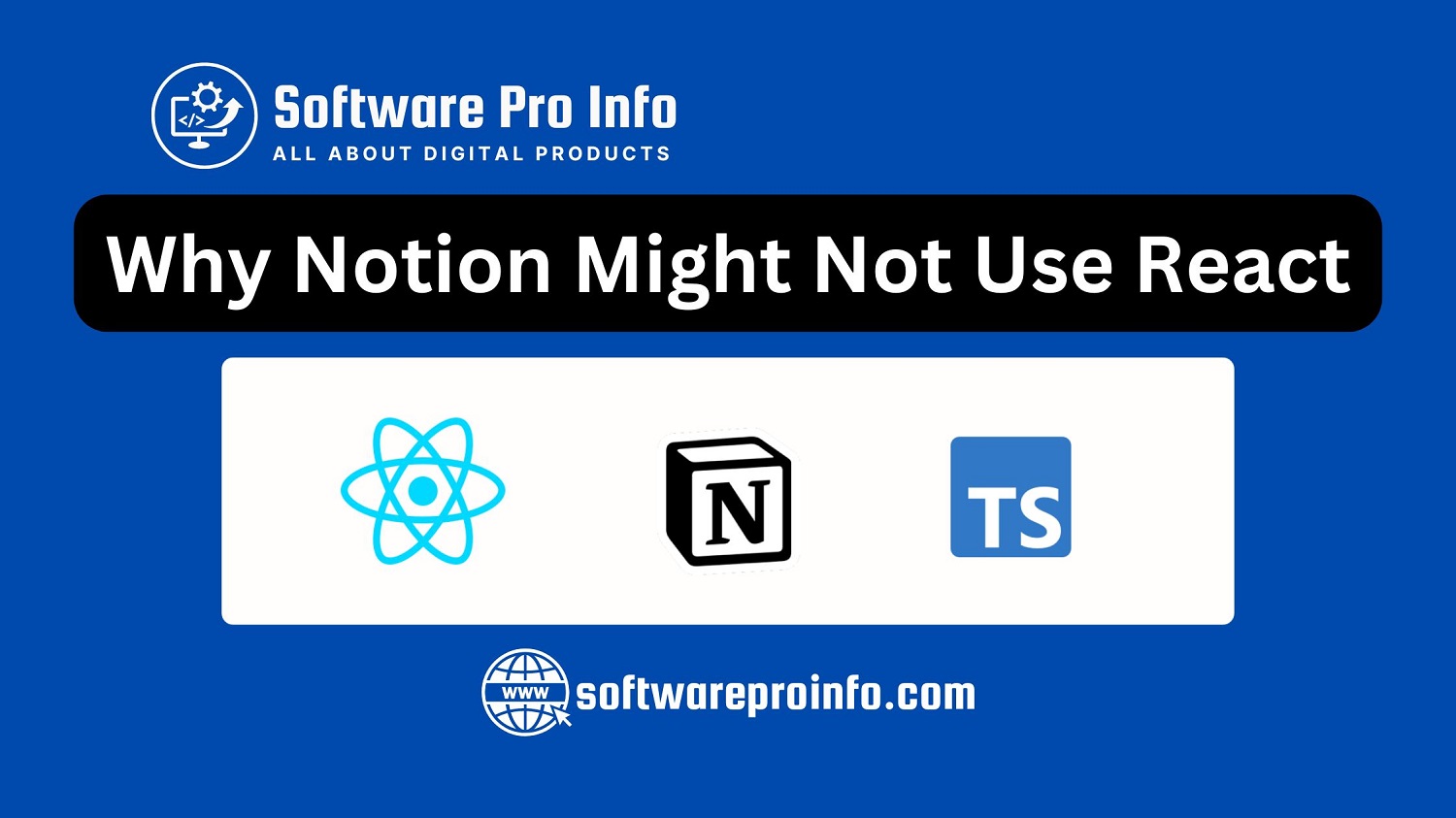
FAQs About Is Notion Built on React?
What framework is Notion built on?
Notion uses Electron for its desktop application framework.
What frontend does Notion use?
Notion’s frontend uses web technologies through Electron, not React.
What technology does Notion use?
Notion uses Electron for the desktop app and various backend technologies for data management.
What language does Notion use for formulas?
Notion uses its own formula language for calculations within databases.
Is Notion only built with React?
No, Notion is built with a combination of technologies including React for the frontend, Electron for the desktop application, Redux for state management, GraphQL for data querying, and Node.js for server-side operations.
Why does Notion use Electron?
Notion uses Electron to create a cross-platform desktop application that provides a native-like experience on Windows, macOS, and Linux. Electron allows web technologies to be used for building desktop applications, leveraging the power of modern web development.
How does React improve Notion’s performance?
React improves Notion’s performance through its virtual DOM, which enables efficient updates and rendering of the UI.
React’s component-based architecture also allows for reusable and manageable UI elements, contributing to a smoother and more responsive user experience.
Can I use Notion offline?
Yes, Notion offers offline support for its desktop and mobile applications. Changes made while offline will sync once an internet connection is reestablished.
Is Notion open source?
No, Notion is not open source. However, it offers extensive documentation and support to help users and developers make the most of its features.
Conclusion
Understanding the technology stack behind Notion, particularly its use of React, provides insight into why the app performs so efficiently and effectively.
React’s component-based architecture, virtual DOM, and robust ecosystem contribute significantly to Notion’s seamless user experience and rapid feature development.
Know More Article
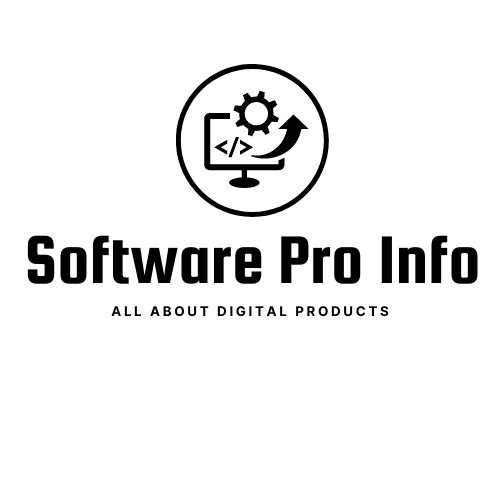
At Software Pro Info, we focus on empowering users with in-depth information about digital products and SaaS applications. Our Team provides expert reviews and exclusive deals, including lifetime deals and discounts, to help you find the best tools and services for your needs.


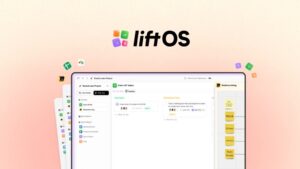

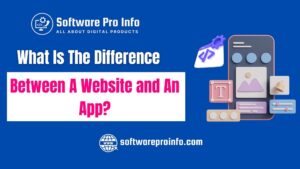
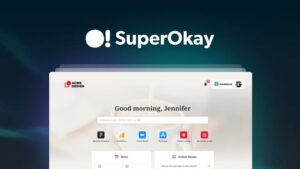
![GoZen Forms.Ai Lifetime Deal Appsumo Only At $79 [ Unlimited Online Forms AI] GoZen Forms.Ai Lifetime Deal](https://softwareproinfo.com/wp-content/uploads/2024/10/GoZen-Forms.Ai-Lifetime-Deal-300x173.jpg)